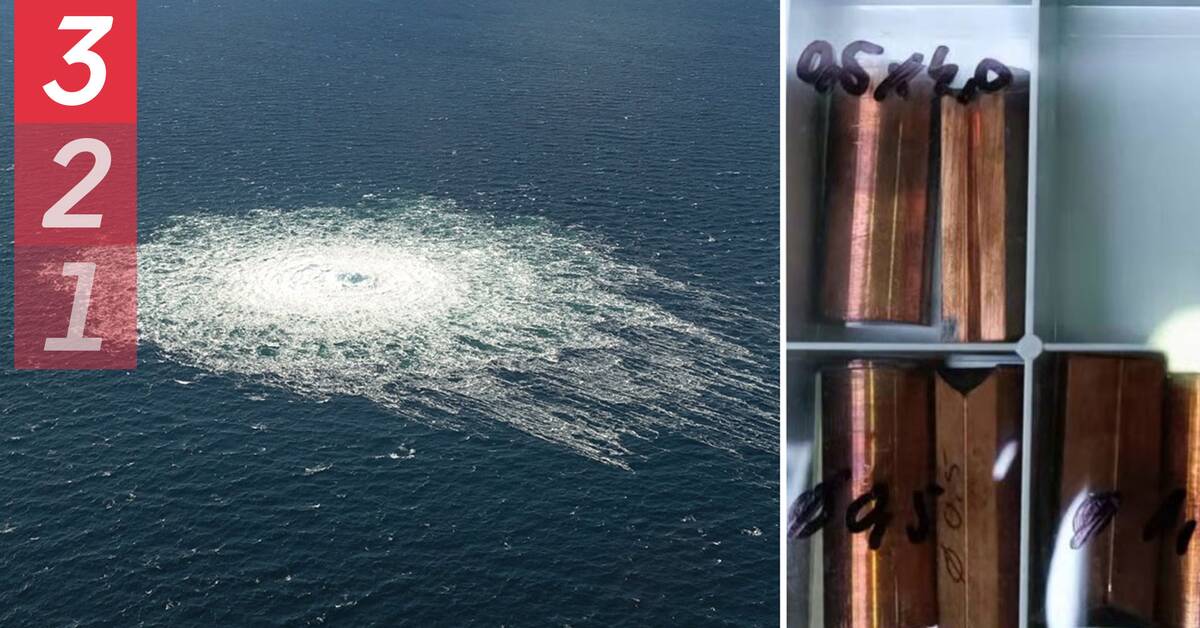Scientists test mixtures of metals, so-called metal alloys, to see which ones measure up.
It is a time-consuming process as there are millions of combinations.
According to a research group at the Max Planck Institute in Düsseldorf, it would take 3 to 4 years to test all the combinations they are interested in.
To speed up the process, they developed an artificial intelligence that does the same thing in a couple of months.
Two superalloys
- Our research is very current.
New alloys are needed for gas containers that store and transport the world's energy, says Ziyuan Rao, materials science researcher at the Max Planck Institute for Iron and Steel.
Containers like this transport the energy-rich hydrogen gas.
Photo: NASA
With the AI, the researchers found 17 really good alloys.
Two of them are not only hard and wear-resistant, but are also good at keeping their shape regardless of temperature.
Therefore, they are optimal for hydrogen containers.
Hydrogen can store energy in larger quantities and for longer than today's batteries.
The research group's study has been published in Science.
- The hardest part was combining human knowledge with AI to be able to solve the problem together.
We have so little data to feed the AI that we had to teach it everything we know about the building blocks of the materials.
I was surprised by how well we succeeded, because this is new in my field, says materials scientist Ziyuan Rao.
The AI of the future
- We know that gas pipelines were destroyed in the Baltic Sea recently.
With AI, you can find metal alloys that are more resistant to rust and not as easy to destroy, says Ziyuan Rao.
The gas bubbles up from the leak in the Baltic Sea.
Photo: Danish Defense
Professor Stefan Bauer at KTH also has high hopes for the possibilities of AI.
- In the future, AI could be used for biomedical discoveries.
For example, it can help us find new medicines we need, he says.
Play the clip and see how AI speeds up research.

